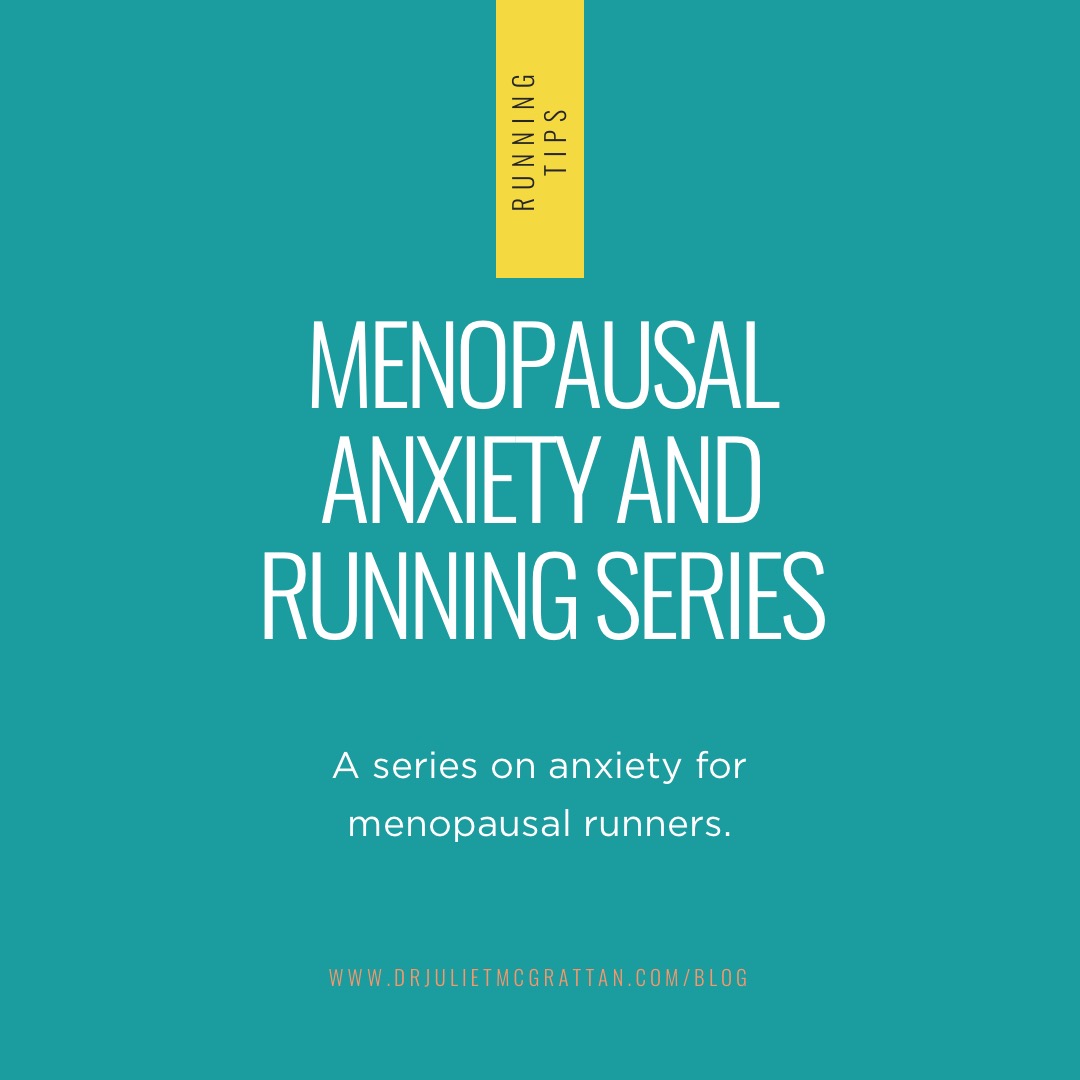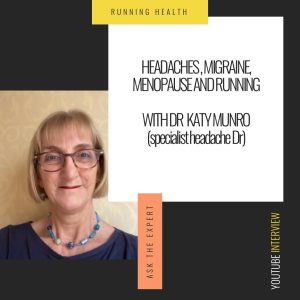Have you experienced anxiety? Sensations of fear, jitteriness or dread with no obvious reason for feeling that way? Anxiety can be mild and intermittent or continuous, severe and completely overwhelming. It’s horrible, and I’m speaking from personal experience. For me and many other women it’s a condition that comes on in perimenopause. Even if you’ve never experienced it in your life before, it can pop up and take you completely by surprise.
Anxiety isn’t necessarily a bad thing. We all experience it if we’re going for a job interview, are preparing for a difficult conversation or are lining up for a long-trained for race. But when it happens without an obvious trigger, doesn’t seem to stop and affects your daily life, then it’s really unpleasant and frustrating. There are lots of different types of anxiety ranging from panic attacks to generalised anxiety disorder (GAD). You can read more about the different types on the NHS website.
Anxiety and the perimenopause
Anxiety is often the first perimenopausal symptom women experience, even before their periods start to change.
An interesting study in 2013 followed nearly 3000 women for ten years to determine the risk for anxiety in the menopause transition. It found that women who had low levels of anxiety before perimenopause were more susceptible to high levels of anxiety during peri and post menopause than they were before. Women who already experienced high levels of anxiety before the perimenopause were not at increased risk for high levels of anxiety during the menopause transition. Could it be that if you’ve had significant anxiety before you hit perimenopause that your body is in some way ‘used to it’? And if you haven’t experienced it before, that you’re more sensitive to it? Interesting stuff!
Why do you get anxious in the perimenopause?
So what is it about the perimenopause that makes anxiety symptoms such a common feature?
Oestrogen and progesterone levels decline in the perimenopause but it’s not a steady downward trend, they fluctuate up and down all over the place. Oestrogen is sometimes known as a ‘happy hormone’ and progesterone as a ‘calming hormone’. Progesterone is said to be ‘soporific’ which means it can make you feel sleepy (that’s why doctors recommend taking the progesterone part of HRT at night). It’s easy to see why reductions in these hormones can affect your mental health.
It’s not as simple as that though, both oestrogen and progesterone have a direct influence on the brain and the mood chemicals that the brain produces. Some of the other hormones that oestrogen and progesterone influence are cortisol, dopamine, endorphins and melatonin. These all have a role in our mood, stress and anxiety levels.
How anxiety affects running
Anxiety can make running very challenging. Here are some of the ways that anxiety can affect your running:
- A lack of self-belief in your running generally
- Not wanting to mix with others
- Not entering races and events because the whole process of entering, travel and racing feels too overwhelming
- Fatigue due to using up energy worrying
- Disrupted sleep and resulting tiredness
- Poor recovery due to reduced sleep and inability to relax
- Increased gastrointestinal problems
- Increased heart rate
- Severe pre-race nerves
How running helps anxiety
Running can feel very difficult when you’re anxious but it can be a really helpful tool for managing anxiety in the perimenopause.
Running won’t directly increase or decrease the amount of oestrogen or progesterone in your body but it can influence the levels of some of the mood determining hormones. Exercise is well known to increase endorphin levels for example, these are the body’s happy hormones. They bind to the same brain receptors as opiates which include drugs like morphine.
Have you heard of endocannabinoids? These are also produced during exercise and are essentially the body’s own cannabis. They’re thought to be partly responsible for the feelings of euphoria, peace and reduced pain that you can get during a runner’s high.
Being able to cause the release of such powerful anti-anxiety chemicals, as and when you need them, can be a real blessing in perimenopause.
Aside from the chemical changes, running has other benefits that can help you manage symptoms of anxiety. Running:
- helps you to feel in control.
- takes you into nature which is known to have a calming effect.
- gives you an opportunity to talk and share with others.
- can help you to hang on to or build your self-confidence.
- provides a meditative effect to quieten your mind.
It’s definitely worth persevering with your running if you’re feeling anxious. It’s a very powerful way to help you optimise your mental health through the menopause.
Next week I’ll be starting a series of tips for anxious, perimenopausal runners to help you if you’re finding running difficult. I’ll be covering lifestyle, mindset, training and racing tips.
Don’t want to miss a post? Sign up for my weekly newsletter for menopausal runners below!








6 Comments